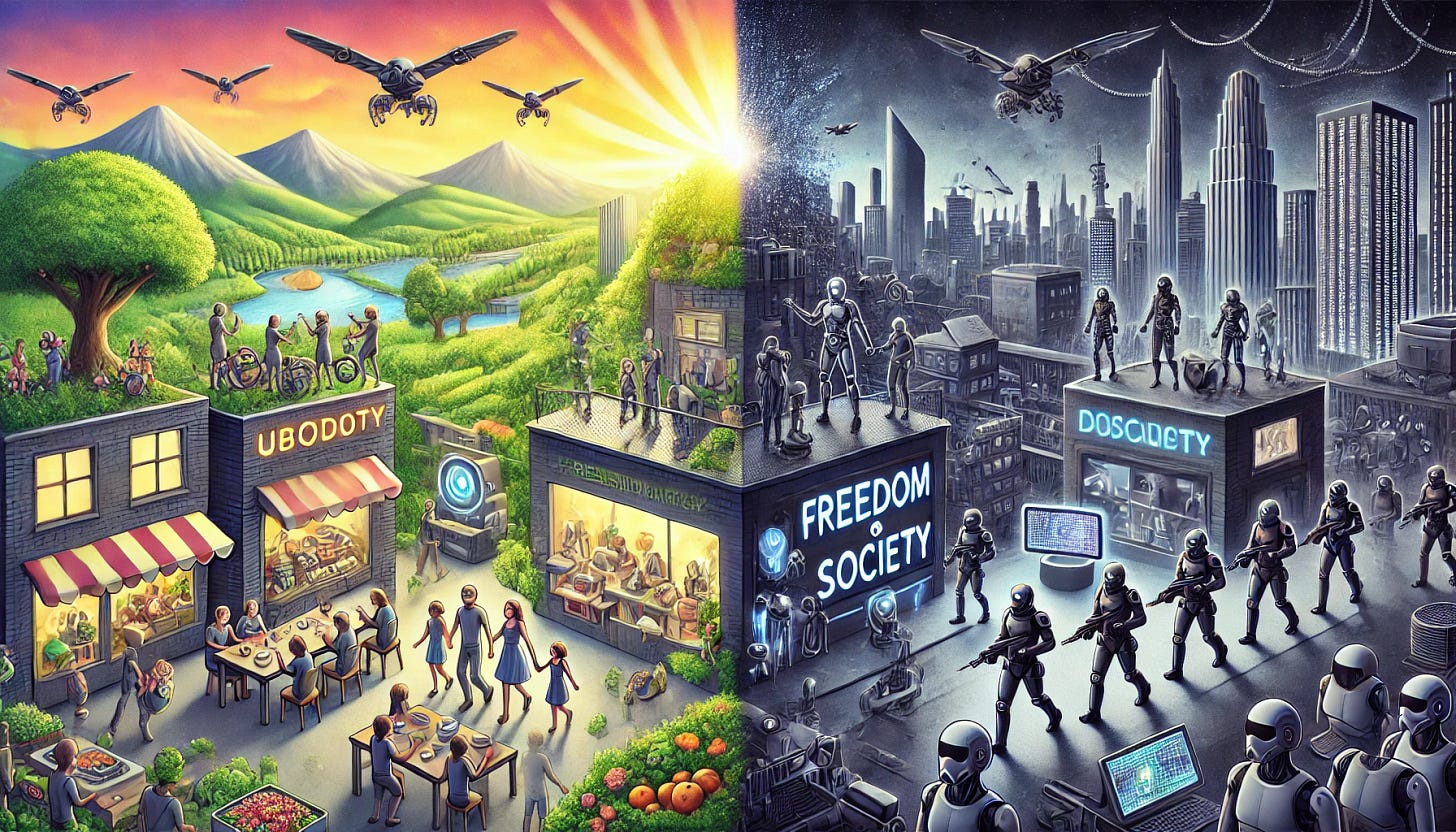A Future at Mercy: Why Only Conservative Leadership Can Preserve Freedom in the Age of AI
As we advance toward Stage 4 AI, an era that OpenAI envisions within the next five years, humanity might find itself transitioning from a world governed by mandates to one ruled by mercy. Much like the utopian world of Star Trek, this future could bring about a post-scarcity society where the means of production are fully automated, and where governance…




